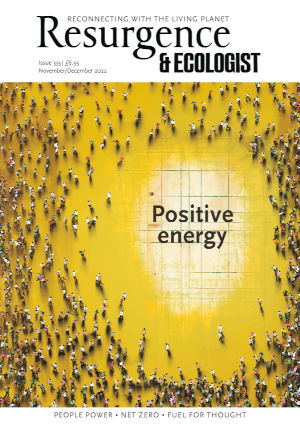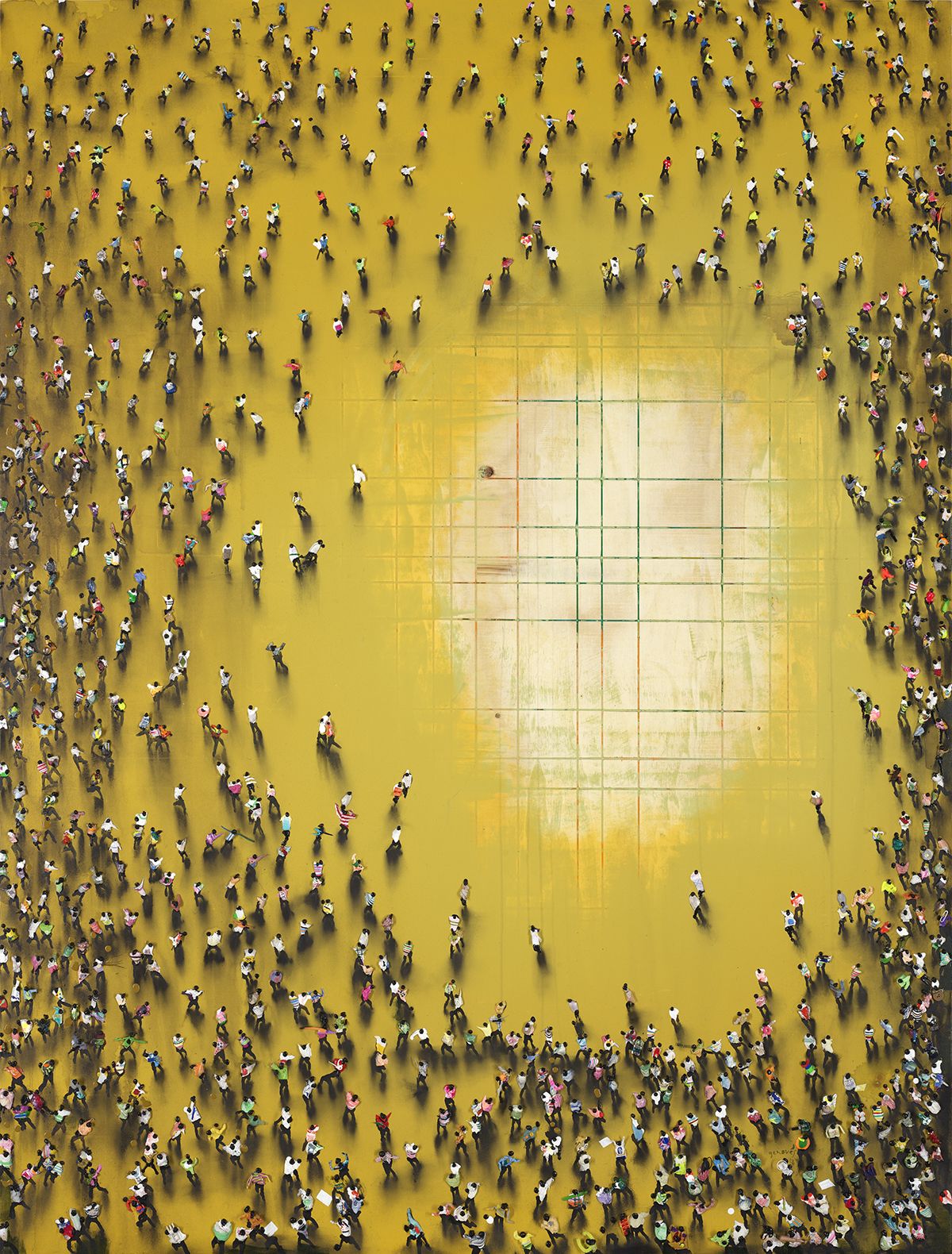Energy defines our existence, fuelling our bodies and our lifestyles. It is at the centre of Earth’s living systems – it is the basic building blocks of the entire universe. Our misuse of energy is also at the heart of the greatest challenges we face today. The burning of hydrocarbons at a global and industrial scale is driving up temperatures to record levels. Fires and floods rage across the world, with the countries that have contributed least paying the highest price. In Europe we are facing a cost of living crisis as gas and electricity bills have skyrocketed, while energy companies continue to rake in eye-watering profits. As well as food banks, we now have heat banks, as many families can no longer afford to keep warm.
The way we consume energy is an economic, social and political issue. To halt the destruction we wreak on our planet through our addiction to fossil fuels, we have to transition to renewable energy – solar, wind, wave. To release this power, we need to empower local communities, or we risk fuelling an economic system that exacerbates inequality.
It is ironic then that, faced with the maelstrom of crises, we can often feel enervated and helpless. How can we as individuals hold back such a storm? This is part of a “kind of endemic collapse of hope about the future”, as described by Chris Johnstone, co-author of Active Hope, interviewed in the following pages. It’s at times like this that we can engage what he calls “unexpected resilience” – levels of strength we don’t know we have. This surge of energy is centred on hope – not as a feeling that things are going to get better, but as a direction that we can head in. In this special issue of Resurgence & Ecologist, we want to take you on that journey of hope.
Setting our path is Brendan Montague, editor of The Ecologist, with an exploration of what energy means to us as a species, from the big bang to biology and economics. “The transfer of energy from one living thing to another, from one species to another, keeps the biosphere alive,” he writes. In the Ecologist section, we look at government policy – the role of nuclear energy amid a backdrop of war, and the hurdles ahead of net zero goals as we approach COP27 in Egypt. The way fossil fuel extraction is deeply embedded in colonialism, and what we can do about it, is our next step in Connected Life, followed by stories of how we can build communities in a just transition. Later in the magazine, we meet artists who are finding ways to express our problematic relationship with energy consumption in a material world, and inject positive energy into our own lives – from collective action to understanding the language of fungi and composting.
The challenges are vast and it’s easy to feel overwhelmed. But you are not the only one reading these words. You are part of a movement, and together we have power.








